You’ve heard the words early intervention before, but it seems confusing.
A pediatrician tells you that they are free services for children aged birth to 3.
Your friend from Gymboree tells you that the only way to qualify is to have your child evaluated right before nap time.
Your aunt tells you that if you do an early intervention evaluation, your child will be “classified” for the rest of his life!
Which of these is true and where do you begin?
What is Early Intervention?
The Early Intervention Program (EIP) is a program that offers families of children birth to 3 years of age free therapeutic evaluations and treatments. Early Intervention covers all domains of a child’s development, including:
- speech and language
- cognitive
- physical
- fine-motor/sensory integration
- hearing
- vision
- socio-emotional
In addition, there are some automatic qualifications for early intervention, such as extreme prematurity or low birth weight.
Families may be referred to the early intervention by their doctor, or they can make their own referral by calling 311 or by visiting NYC Early Intervention.
This video is super helpful in understanding the Early Intervention Program.
Who is eligible to apply?
Everyone is eligible to reply, regardless of immigration status, income, or language. Evaluations are always available in your home language.
It is not necessary to receive a referral from your doctor. Any parent or guardian can call 311 to initiate the process.
After making the phone call, you will be put in touch with a case manager. This will be your point person throughout the process.
Who will evaluate my child?
Depending on your primary concern, your child will be evaluated by a special instructor (a teacher with specialized knowledge in cognitive development, problem-solving, and social development) and an expert in another field. For example, if your primary concern is that your child does not speak, you will receive evaluations by a special instructor, and a speech therapist. If you are concerned that your child is not walking, you would meet with a special instructor and physical therapist.
What happens after the evaluation?
After the evaluations, you will have a conversation with the evaluator to discuss any preliminary observations. In 1-2 weeks, you will receive all completed reports. Then, you will be in touch with your case manager to set up a meeting date.
At the meeting, you will meet with an EIOD, who is a representative for the early intervention program, and your case manager. Occasionally, therapists will call to join in the meeting. You will review the reports and the EIOD will make a recommendation for services.
In order to qualify for services, your child must have a 33% delay (in parent terms, about 6 months delay for a child who is 18 months) in one area or 25% in 2 or more areas.
Your child may qualify for no services, one service, or multiple services.
It is important to find high-quality therapists with who you feel comfortable working. These therapists will become a part of your daily life and someone you should turn to for guidance regarding your child’s development.
What happens if I do not get the services I wanted?
You are your child’s best advocate. At the meeting, you should be clear about what you see happening with your child, and how that relates to what the evaluator saw. Remember, you are with your child every day, whereas the evaluators only met your child for an hour. If you disagree with a report, you should make that clear at the meeting. In the case that your child does not qualify for services, and continues to make little to no progress, you are able to open the case for a re-evaluation after 3 months.
What happens after my child turns 3?
Although children over 3 are no longer eligible for EIP, they are entitled to an evaluation through the Committee on Preschool Education (CPSE), which is offered through your local school district.


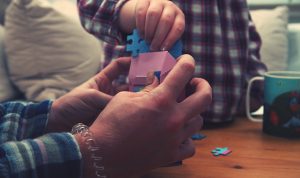
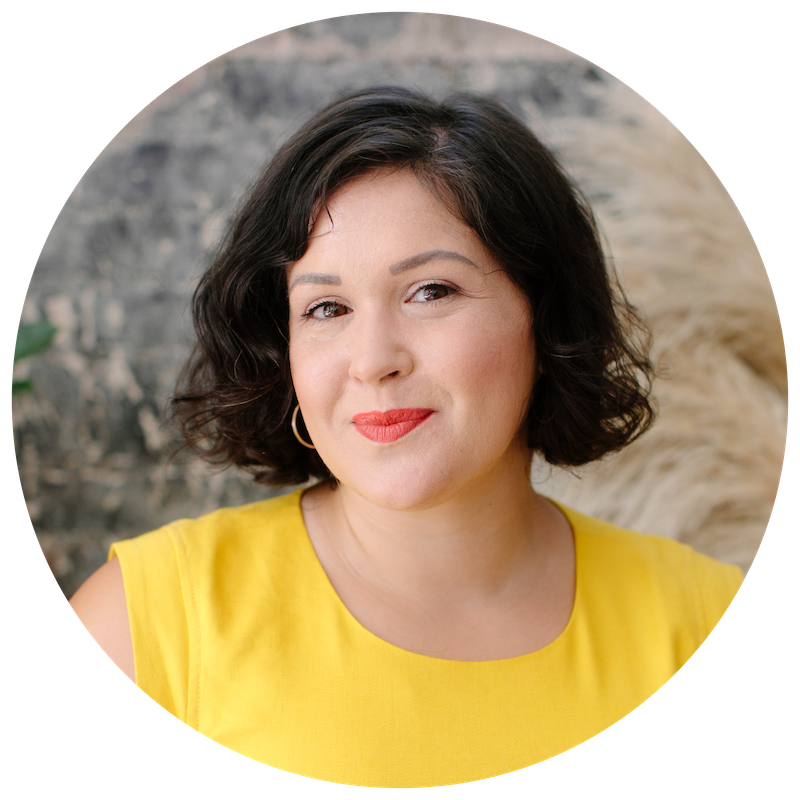
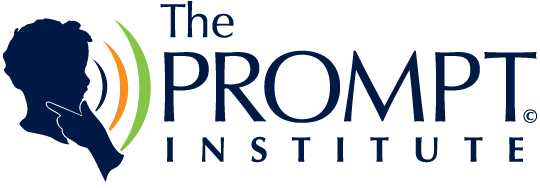
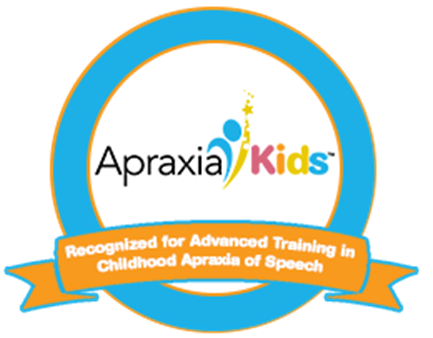

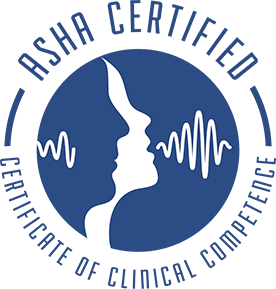
0 Comments